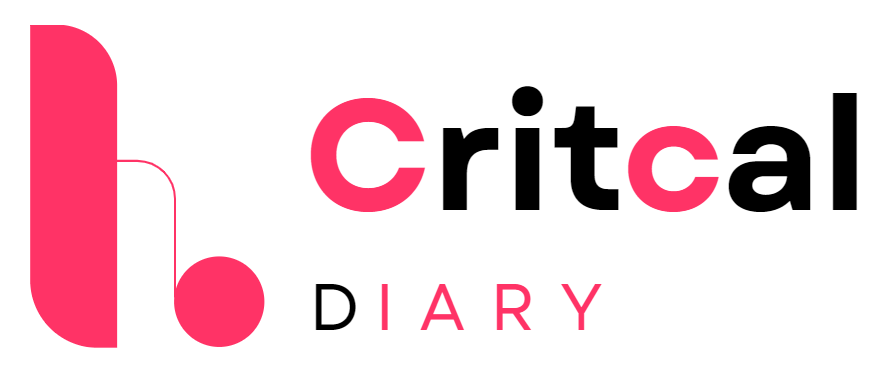Beginners Books to Mastery Computer Science (Top 10 Books)
(Popular Computer Science Books · Introduction to Algorithms Thomas H. Cormen). Beginners Books to Mastery Computer Science: Head First Java, Clean Code.

Whether you’re a complete novice or an experienced professional, choosing the right computer science book can significantly impact your learning journey. This comprehensive guide will answer common questions and recommend top books to help you excel in computer science.
What is the Best Book on Computer Science?
Determining the best book on computer science depends on your current knowledge and what you aim to achieve. However, one book that consistently ranks high among both beginners and experts is “Introduction to the Theory of Computation” by Michael Sipser. This book is lauded for its clear explanations of complex topics like automata theory, computability theory, and computational complexity, making it a staple in many computer science courses.
Can I Teach Myself Computer Science?
Absolutely! With the right resources and dedication, self-teaching computer science is entirely feasible. Numerous online platforms and books are designed to guide you through the basics to more advanced concepts. Self-learning allows you to pace yourself and tailor your study to your interests and career goals.
For a structured approach, start with foundational topics such as programming, data structures, and algorithms. Books like “Computer Science Distilled” by Wladston Ferreira Filho and “Automate the Boring Stuff with Python” by Al Sweigart provide excellent starting points.
Computer Science Books for Beginners
Starting with the right books can make a world of difference in your computer science journey. Here are some top recommendations:
- “Automate the Boring Stuff with Python” by Al Sweigart This book is perfect for beginners with no prior programming experience. It teaches Python programming through practical projects, making learning engaging and relevant.
- “Computer Science Distilled” by Wladston Ferreira Filho This book simplifies complex topics and provides a clear and concise introduction to computer science fundamentals. It’s ideal for those who want a broad overview without getting overwhelmed.
- “Head First Java” by Kathy Sierra and Bert Bates If you’re interested in Java, this book’s visual approach and engaging style make it an excellent choice for beginners.
Which Computer Book is Best for Beginners?

Among the many excellent books for beginners, “Automate the Boring Stuff with Python” by Al Sweigart stands out. Its hands-on approach and practical examples make it incredibly accessible, even for those with no prior programming experience. The book focuses on writing simple programs to automate tedious tasks, providing immediate, tangible benefits and keeping learners motivated.
How Do I Start Studying Computer Science?
Starting your computer science journey can feel overwhelming, but breaking it down into manageable steps can help:
- Define Your Goals: Determine why you want to learn computer science. Are you aiming for a career change, looking to enhance your current skills, or just exploring a new interest?
- Choose the Right Resources: Select books and online courses that match your current knowledge level and learning style. For a comprehensive introduction, consider “Computer Science Distilled” or “Automate the Boring Stuff with Python”.
- Practice Regularly: Consistent practice is crucial. Work on small projects, solve coding challenges and contribute to open-source projects to apply what you’ve learned.
- Join a Community: Engage with others learning computer science. Online forums, study groups, and local meetups can provide support, answer questions, and keep you motivated.
How to Learn Computer Science from Books
Books remain one of the most effective ways to learn computer science, offering depth and insight that many online resources lack. Here are some tips for maximizing your learning from books:
- Active Reading: Don’t just passively read the text. Take notes, summarize concepts in your own words, and ask yourself questions about the material.
- Hands-On Practice: Apply what you learn by writing code and solving problems. Many books come with exercises and projects that reinforce the material.
- Supplement with Online Resources: Use online tutorials, videos, and forums to clarify difficult concepts and get different perspectives.
- Regular Review: Periodically review your notes and key concepts to reinforce your learning and identify any areas that need further study.
Computer Science Books List

Here’s a curated list of essential computer science books, covering various topics from beginner to advanced levels:
- “Automate the Boring Stuff with Python” by Al Sweigart
- “Computer Science Distilled” by Wladston Ferreira Filho
- “Head First Java” by Kathy Sierra and Bert Bates
- “Introduction to the Theory of Computation” by Michael Sipser
- “Clean Code: A Handbook of Agile Software Craftsmanship” by Robert C. Martin
- “Algorithms” by Robert Sedgewick and Kevin Wayne
- “The Pragmatic Programmer: Your Journey to Mastery” by Andrew Hunt and David Thomas
- “Artificial Intelligence: A Modern Approach” by Stuart Russell and Peter Norvig
- “Design Patterns: Elements of Reusable Object-Oriented Software” by Erich Gamma, Richard Helm, Ralph Johnson, and John Vlissides
- “Structure and Interpretation of Computer Programs” by Harold Abelson and Gerald Jay Sussman
Additional Resources
For a deeper dive into computer science, consider exploring Exploring Computer Science. This resource offers comprehensive insights into various computer science topics and can be a valuable supplement to your studies.
If you’re a Spanish speaker or interested in resources in Spanish, Computer Science in Spanish provides excellent content tailored for Spanish-speaking learners.
Lastly, understanding the differences between computer engineering and computer science can help clarify your career path. Check out Computer Engineering vs. Computer Science for a detailed comparison.
Conclusion
Embarking on your computer science journey can be both exciting and challenging. With the right books and a structured approach, you can master the fundamentals and beyond. Whether you aim to automate tasks with Python, delve into theoretical computation, or develop robust software, the resources mentioned in this guide will set you on the path to success. Happy learning!






